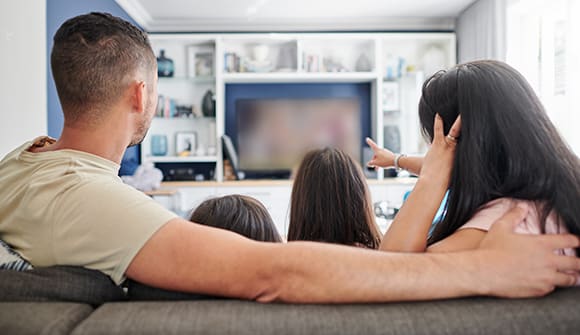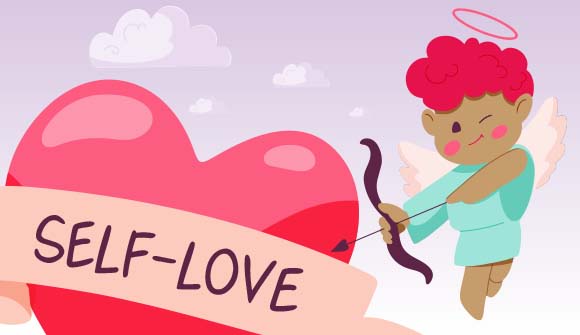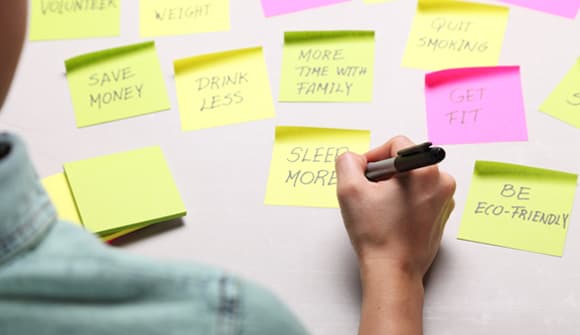The news can be scary
6 ways to talk to young kids about current events.
Article Author: Wesley Roberts
Article Date:

“When I was a boy and I would see scary things in the news, my mother would say to me, ‘Look for the helpers. You will always find people who are helping,’” said Fred Rogers, the famous American television host of “Mister Rogers’ Neighborhood” who was well known for his ability to address children’s emotional and physical concerns about current events in a comforting way.
This quote from nearly 40 years ago still holds true.
“In our world today, there’s pain, loss and uncertainty. These are feelings that need to be addressed,” explained Vivian Pinner, licensed mental health counselor with Baptist Behavioral Health. “Adults and children faced several years of fear and loss during the COVID-19 pandemic, and now we’re seeing the 24/7 news cycle of war and unrest across the globe. This can be scary for kids.”
“Children want to know, ‘Am I safe?’” added Pinner.
How to discuss scary world events with kids
Here are six tips to keep in mind when talking to your little ones about the big events happening in the world:
1. Ask open-ended questions. Pinner explained that one of the best places to start is finding out what your children already know about an event. Asking open-ended questions will help you decide how to respond. Begin with something like “Do you have any questions about what’s happening?” and “How are you feeling about that?”
“Some kids are more anxious than others,” explained Pinner. “Some will say they’re not worried at all. Others will be extremely anxious. Just remember to listen and meet your child where they are.”
2. Turn off the TV. “For younger kids, especially those without social media, it’s easier to limit the news they’re exposed to,” said Pinner. She recommended turning off the TV at home and staying off your phone when you’re with your child. “If you’re watching a stressful event or reading about the conflict on your phone, your kids can pick up on your tension and anxiety.”
3. Keep your routine and discipline. It’s important to maintain a sense of safety and normalcy. “With conflict overseas, you can remind your child, ‘I don’t think this will change our day-to-day life. You are safe with me; I am here for you and I always will be.’”
4. Model healthy ways to deal with stress. “Peace begins at home,” said Pinner. “I just can’t emphasize this enough.” Before talking with kids, parents should begin working through their own emotions to help better manage their children’s feelings. “Whatever you do at home to bond as a family, do more of it during hard times,” said Pinner. “If you’re a praying family, pray more. If you’re a hugging family, hug more. Be intentional about building a relationship of safety and trust with your child.”
5. Give back. “With so much conflict in the world, it’s easy to feel powerless,” said Pinner. But, she recommended giving back – whether that’s donating money overseas or helping your next-door neighbor. “Making a small difference at home or abroad is still making a difference.”
6. Keep the conversation going. “Remind your children that if problems arise, you’ll get through them together and you’re always there for them,” said Pinner. “Continue asking those open-ended questions.”
“Pain, loss and uncertainty lead to fear and stress,” said Pinner. “Listen to your children and see where they are, not just based on their behavior, but based on their heart and emotions.”
Help protect your child's mental health
*Wolfson Children’s has tools to support children’s mental health and help kids and teens navigate challenges with confidence and care. To learn more, click here. Parents and children can also reach immediate support through the Wolfson Children’s 24/7 Kids & Teens Helpline at 904.202.7900 or by texting LIFE to 741741. To schedule an appointment with Wolfson Children’s Behavioral Health, call 904.376.3800.



